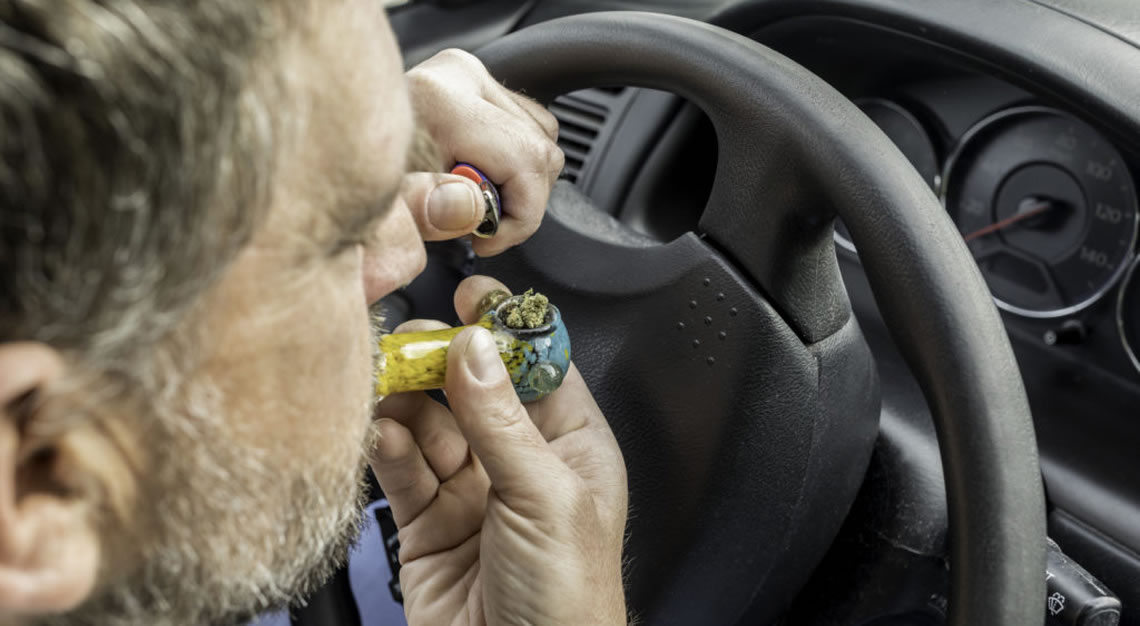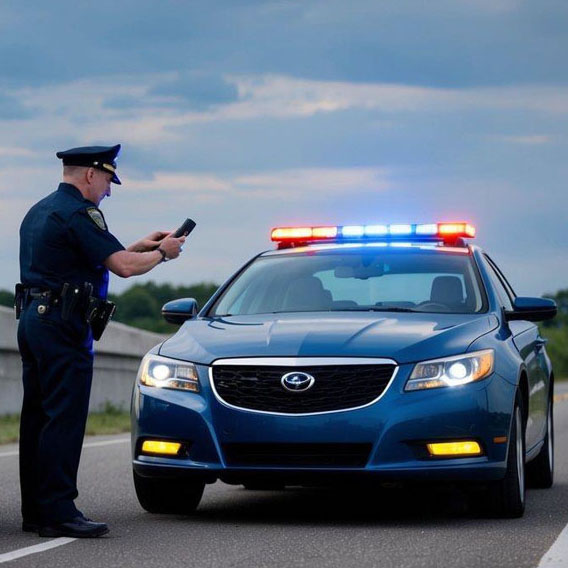
Drug Related DUI in Arizona: What You Need To Know
The use of drugs, prescriptions,s or otherwise has an effect on the physiological function of your body. The effect can be similar to how alcohol impairs your judgment. The number of cases with drivers who operate a motor vehicle while under the influence of a legal or illegal substance has increased in recent times. In the state of Arizona, driving under the influence of drugs can lead to a drug-related DUI conviction.
What’s the Difference Between a DUI and a Drug-Related DUI
The main difference between alcohol and drug DUI is the license suspension between the two. Alcohol DUIs will result in a license suspension of 90 days. It doesn’t matter whether it’s a regular DUI, extreme, or super extreme DUI. After 30 days, a person can obtain a restricted license for the rest of the suspension period that allows them to drive to and from work, home, school, and counseling.
The license suspension period for a drug or medication DUI is much more severe. A person’s license to drive will be removed for a period of one year, without the ability to obtain a restricted license during this time. Whether the conviction was a result of having a drug or medication in their system (not prescribed or taken as prescribed) or the conviction was based on the impairment of the drug or medication, has no relevance. Getting back their license after this 1-year suspension also requires some legwork to happen.
Finally, the other difference that exists between an alcohol and drug DUI is an ignition interlock device is always required with an alcohol DUI. Hiring a knowledgeable, experienced attorney can potentially avoid the situation where an ignition interlock device must be installed for a drug or medication DUI offense.
Why are Prescription Drugs a Defence to DUI Charges?
It’s a common misconception that you can get out of a DUI if you have a valid medical prescription. Having a medical prescription is only a defense of one of the two charges you will face. In Arizona, there is a zero-tolerance policy for driving while impaired by any drug, even if it’s a prescription as described in A.R.S. 1381(A)(1). Under 1382 (A)(3), a valid prescription is a defense to a drug-related DUI, which can provide defense from that charge.
What Statues in Arizona Criminalize Driving Under the Influence of Drugs?
Anyone who operates a motor vehicle while they are under the influence of an illegal or legal drug that results in their impairment at the time of driving can be convicted of a drug DUI charge in Arizona. There are two statutes in Arizona that criminalize drug impairment while operating a motor vehicle. These statues are:
A.R.S. S28-1382(A)(1) - Under this statute, a person cannot operate a motor vehicle while they are under the influence of alcohol, any drug, an inhalant that contains a vapor releasing substance, or any combination of these things. The slightest degree of impairment could lead to a charge of driving under the influence. A person can also be charged with a DUI if the officer believes that a legally prescribed medication or the use of a medication without a doctor’s recommendation has lead to their driving impairment.
A.R.S. S28-1381(A)(3) - Under this statute, a person who drives a motorized vehicle while under the influence of any drugs as defined in section 13-3401 or its metabolite in their body is considered illegal. Marijuana, dangerous drugs, narcotic drugs, and prescription medications that are taken without a valid prescription are all drugs that are included in this definition. This statute also states that it is not relevant if the person who impaired at the time of driving. Having the drug metabolite in their body is enough to lead to a drug DUI charge.
What are drug metabolites? This is what stays in your system after your liver has broken down the drug. For example, marijuana remains in your system for weeks, long after the effects have worn off.
How Drug Substances are Measured in your System
As mentioned, your body secretes metabolites that break down the drug anytime you take a drug substance. Alcohol is broken down for absorption by Aldehyde dehydrogenase and Alcohol dehydrogenase (ADH). A breathalyzer will use the alcohol toxicity that’s detected through the alcohol metabolites in your breath to measure how much alcohol is in your system. The average alcoholic drink metabolizes at the rate of 0.16 percent per hour, which is reasonably fast.
Legal and illegal drugs are much more unique. The metabolism is different from one drug to another. That is why it can be challenging to get an accurate measure of the metabolites in your system for drugs. A test must be specific to the drug that’s suspected, as a result making the process expensive and take extra time.
Arizona is a zero-tolerance state. That means that if there are any readable traces of drug metabolites in your blood or urine, that is enough to get a drug-related DUI conviction.
What Penalties do you face with a Drug DUI in Arizona?
The penalties in Arizona for a drug-related DUI are a lot like getting charged with an alcohol-related DUI. There are severe and mandatory penalties that you face with a drug-related DUI.
First-time drug-related DUI - This is considered a Class 1 Misdemeanor. With class misdemeanor offenses, the penalties could include a jail sentence that’s not more than six months, fines that could be up to $2,500 plus surcharges, and require significant hours of drug and alcohol treatment and screening.
A first-time offender may also face a probation sentence of 5 years. A Class 1 Misdemeanor has minimum penalties of a 10-day jail term, though 9 of those ten days may be suspended with the completion of drug treatment and screening. This sentence also includes a $2,5000 fine plus surcharges. There is also a maximum probation period of 5 years.
Second-time drug-related DUI - The penalties get even more severe if you are charged with a second-time drug DUI if it’s been less than seven years since the first offense. A 30-day jail sentence, alcohol or drug treatment and screening, and up to five years are the minimum punishments for a second-time drug DUI offense.
The Arizona Department of Motor Vehicles will typically place a 90-day suspension on your driver’s license, with a restricted permit that can be obtained after 30 days on all alcohol-related DUIs. The punishment gets more severe for drug-related DUIs. A mandatory 1-year suspension is placed on the driver’s license of a drug-related DUI offender. There is also no ability to obtain a restricted driver’s permit during this suspension.
What Should I do if I’m arrested for a Drug DUI in Arizona?
Your first instinct when an officer pulls you over while you are driving under the influence of an illegal or legal substance might be to resist arrest or drive off. These things are the last thing you want to do if a strong legal defense is the goal. The police officer must be able to prove their suspicions. It is difficult and expensive to prove that there was an ingestion of drugs. If you are arrested for a Drug DUI in Arizona, get an experienced lawyer to help build a legal defense on your behalf.











